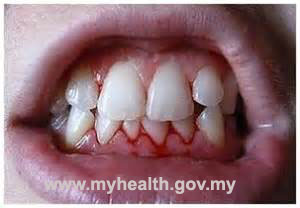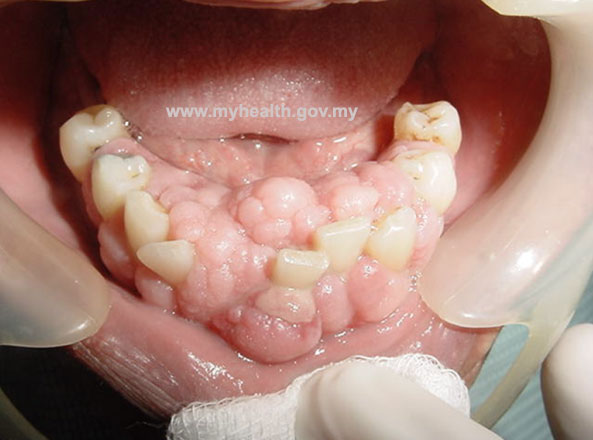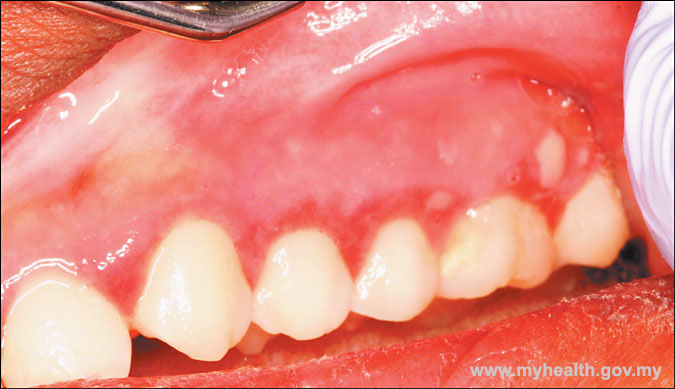Introduction
A number of medications can affect oral health. A thorough medical history is important when visiting a dental office to alert the dental staff of any medication-related side-effects that may be occurring. Many of the common adverse effects of medication use that are seen in the oral cavity are abnormal bleeding of the gums, gingival enlargement, dry mouth and soft tissue reactions.
Medications that affect the periodontium
- Anticoagulants (Aspirin, Warfarin, Heparin)
Effect: Gum Bleeding
Reduced blood clotting is a side effect of many anticoagulant medications including aspirin. Some of the most common anticoagulant medications are warfarin and heparin which are both used to prevent blood clotting in individuals with a risk of heart attack or stroke. These medications can cause bleeding and blood clotting problems during gum or periodontal treatment.
- Antiseizure (Phenytoin), Immunosuppressants (Cylosporine), Anti-hypertensive drugs (Calcium-channel blockers -Nifedipine, Verapamil, Diltiazem, Amlodipine)
Effect: Gum Overgrowth
Overgrown or enlarged gums may be experienced by patients taking medications for seizures, high blood pressure or organ transplantations.
- Antihistamines, Decongestants, Antidepressants, Painkillers, Anti-hypertensive agents, Muscle relaxants, Drugs for Urinary Incontinence, Drugs for Parkinson’s disease , Chemotherapy agents
Effect: Dry Mouth
Dry mouth or xerostomia is a lack saliva in the mouth.
This condition can cause inflamed and painful gums and increases the risk for periodontal disease and also tooth decay.
- Anti-hypertensive agents, Immunosuppressive agents, oral contraceptives, some chemotherapeutic agents
Effect: Ulcers
Some medications (as above) have been linked to the development of oral sores, inflammation or discoloration of the soft tissues in the mouth.
Clinical Pictures
|
|
||
|
Bleeding Gums
|
|
Gingival Overgrowth (Patient on cyclosporine A, Klinik Pakar Periodontik Seremban)
|
|
|
|
|
|
Gingival Ulcers
|
||
Patient’s role
- Inform your dentist about your medical history and any medication that you may be on.
- Practice good plaque control to minimise the side-effects of medication on the gums.
- When being prescribed a new medication, ask your doctor or pharmacist about all the possible side effects
| Last Reviewed | : | 3 June 2014 |
| Writer | : | Dr. Uma Subramaniam |










